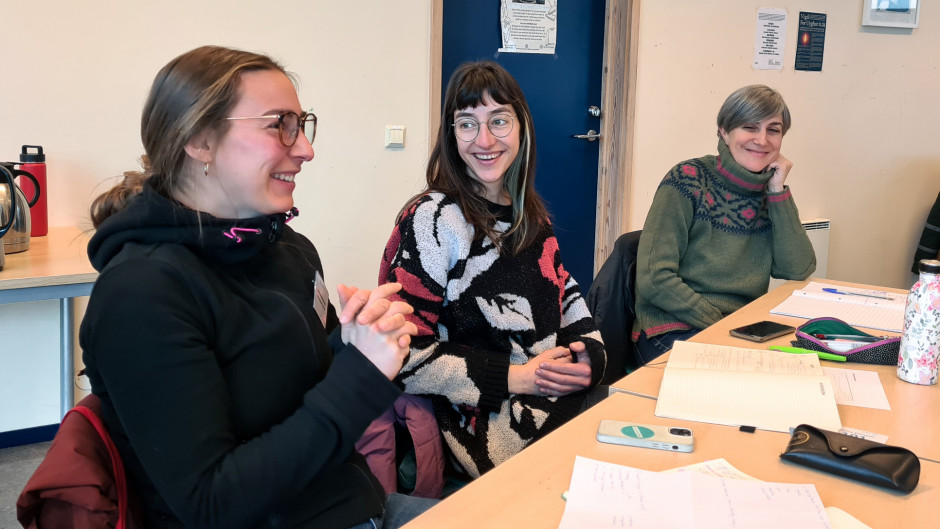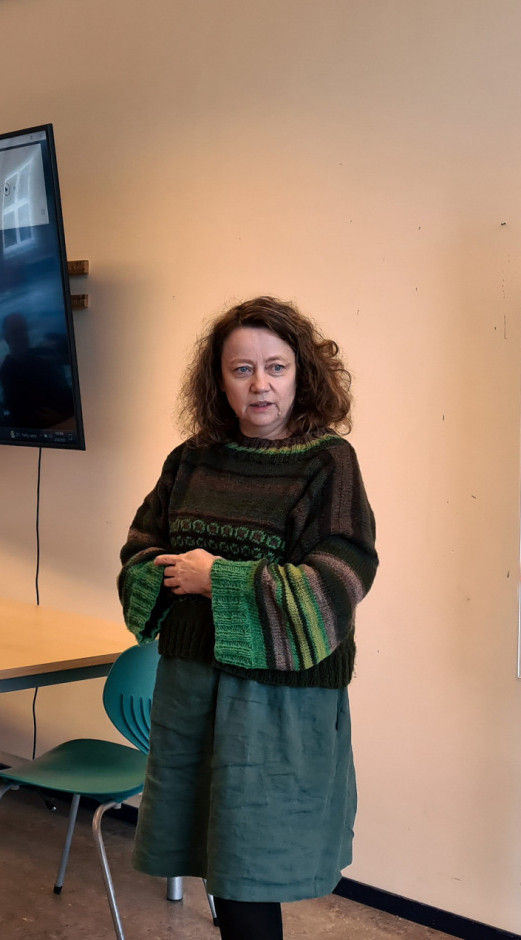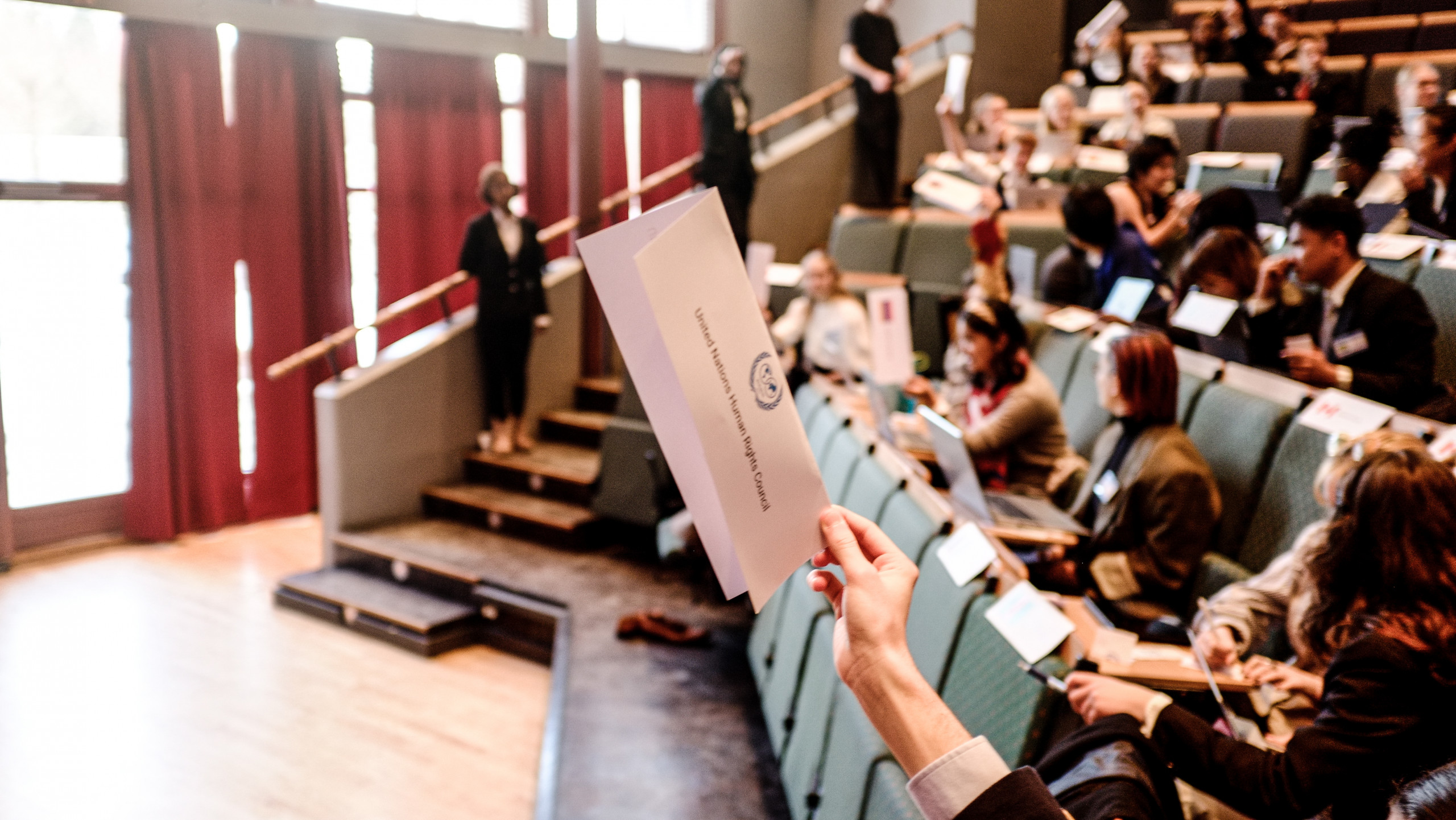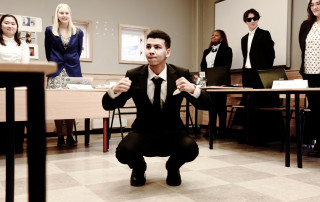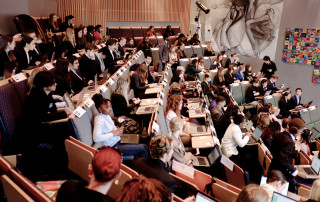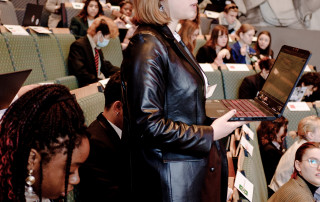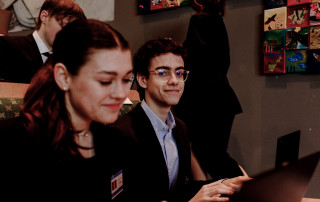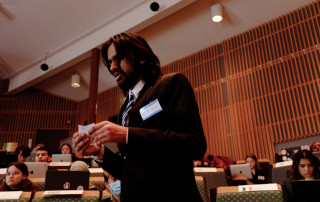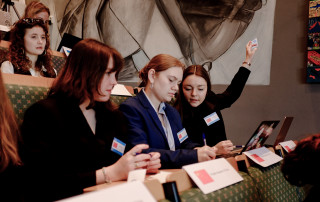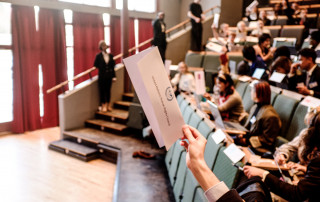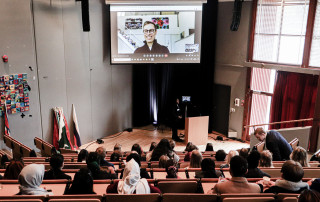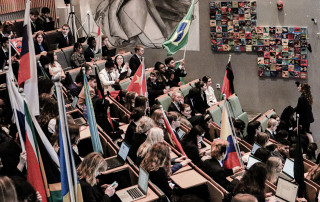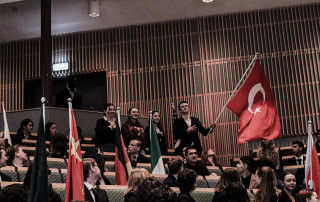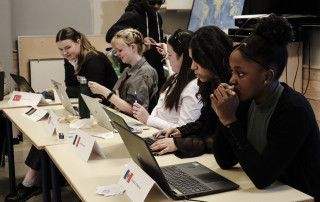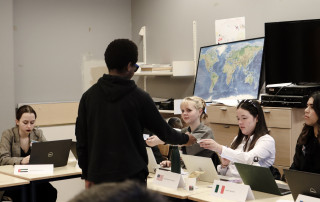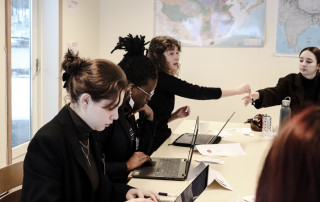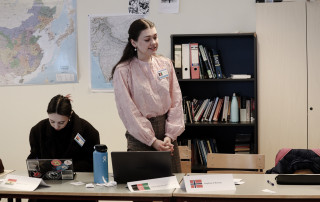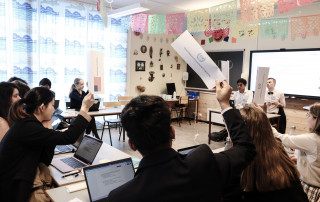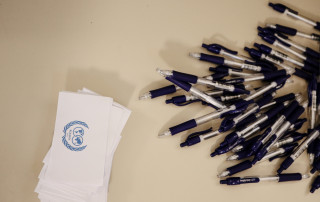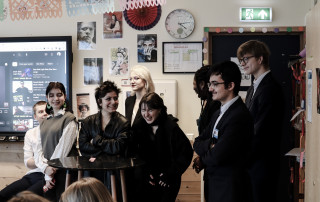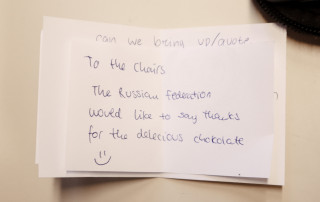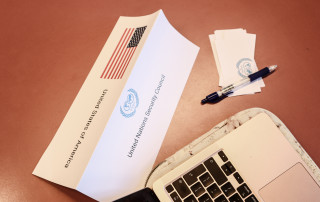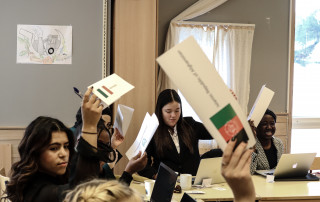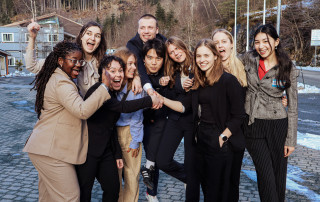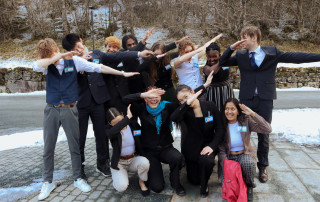Jeanette Trang RCN’11
Meet Jeanette Trang, an exceptional alumna of Red Cross Nordic United World College, who has dedicated her life to protecting and advocating for the rights of children around the world. Her journey began in Flekke, where her love for philosophy laid the foundation for her passion for humanitarian values. Since then, she has worked with the United Nations Children’s Fund (UNICEF) in various parts of the world, addressing issues such as child marriage, online sexual exploitation, and gender equality. Her inspiring story reminds us that one person’s commitment to making a difference can have a significant impact on the lives of many.
I was a curious child growing up in Sweden with a Chinese and Vietnamese background. I wanted to understand people, culture and the values that differentiate and bring us together. Naturally, in Flekke my favorite subject was philosophy. I remember all the profound ideas explored about morality, the human condition and political philosophy. I think this was the starting point for the journey I was about to begin.
Since graduating from Red Cross Nordic United World College in 2011, I earned a Bachelor of Arts in International Relations and Chinese Studies, and a Master of Arts in Human Rights and Humanitarian Action. I went on to work for the United Nations Children’s Fund as an advocate for every child’s right to protection worldwide. Throughout the years I worked with UNICEF in the New York headquarters contributing to the initiation of the Sustainable Development Goals. I worked on tackling online child sexual exploitation and abuse, online bullying, and combatting commercial sexual exploitation and abuse in the tourism industry. I spent 2 years in Zambia working on ending child marriage and violence against children, before moving to Mali for a further 2 years supporting the child protection response to the humanitarian situation. I have also spent time in the Pacific Islands working on the protection against sexual exploitation and abuse of children and women. I am currently based in Amman, Jordan, with UNICEF in the Middle East and North Africa regional office. I support the work on child protection systems strengthening and harmful practices, in midst of several crises in this region. Next, I will be supporting the UNICEF team in Afghanistan on programming for gender equality.
Reflecting on my journey I can see how RCNUWC has impacted my choices and the routes I have taken. Oftentimes it hasn’t been an easy journey being away from family and saying goodbye to friends every 1-2 years when I am moving to the next UN assignment. But I am reminded of the lessons learned in Flekke that working for humanitarian values is worthwhile and meaningful. If I can help provide better opportunities for children around the world, that is a win – and knowing that the world is small and there is always a UWC friend nearby wherever I go.
In People of UWCRCN you find stories of alumni or other members of our community. Here are the laterst.
Hamza Jalil Albasit, RCN’16
We’re proud to spotlight Hamza Jalil Albasit (RCN ’16) from Pakistan, whose debut novel, The Oracle of Hate, has just been published across South Asia. Set in the haunting [...]
Melisa Gondo Chilimanzi, RCN ’12
Today, we’re thrilled to introduce Melisa Gondo Chilimanzi (RCN '12), a recent contestant on The Great Australian Bake Off. Melisa’s journey to the Bake Off Shed has been [...]
Erick Bruckner Iriarte, RCN’21
Arriving at UWC Red Cross Nordic was a life-changing experience for me. At 16, with only a slight idea of how to speak English, I attended the school’s [...]

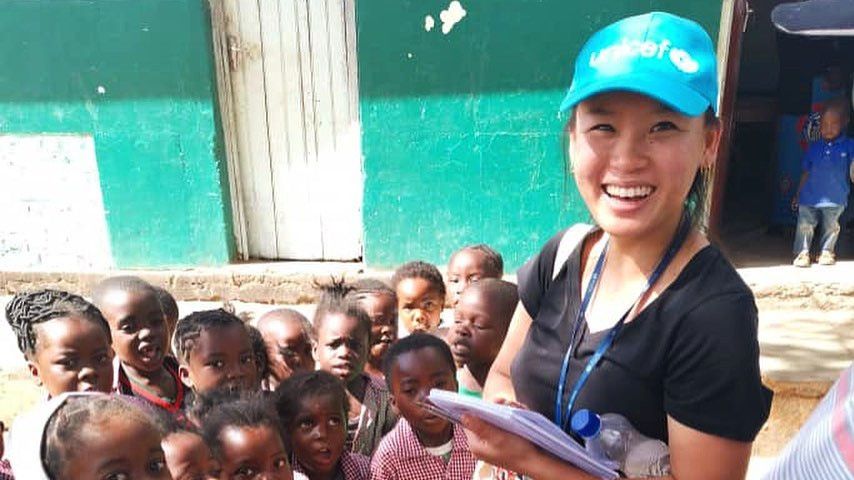
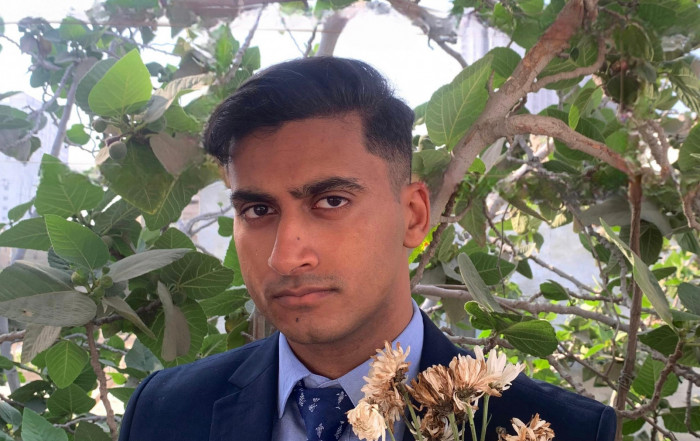

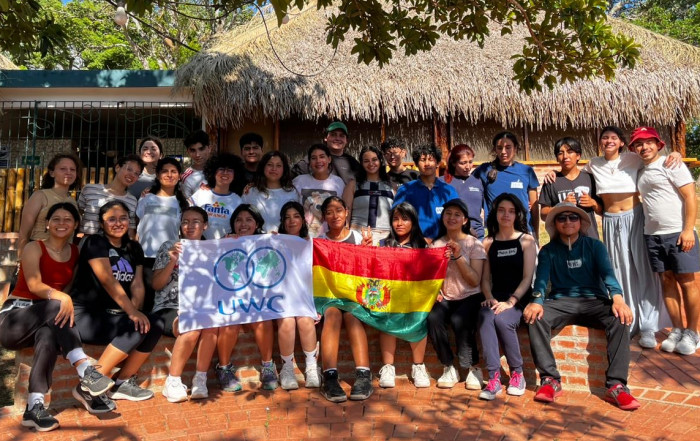
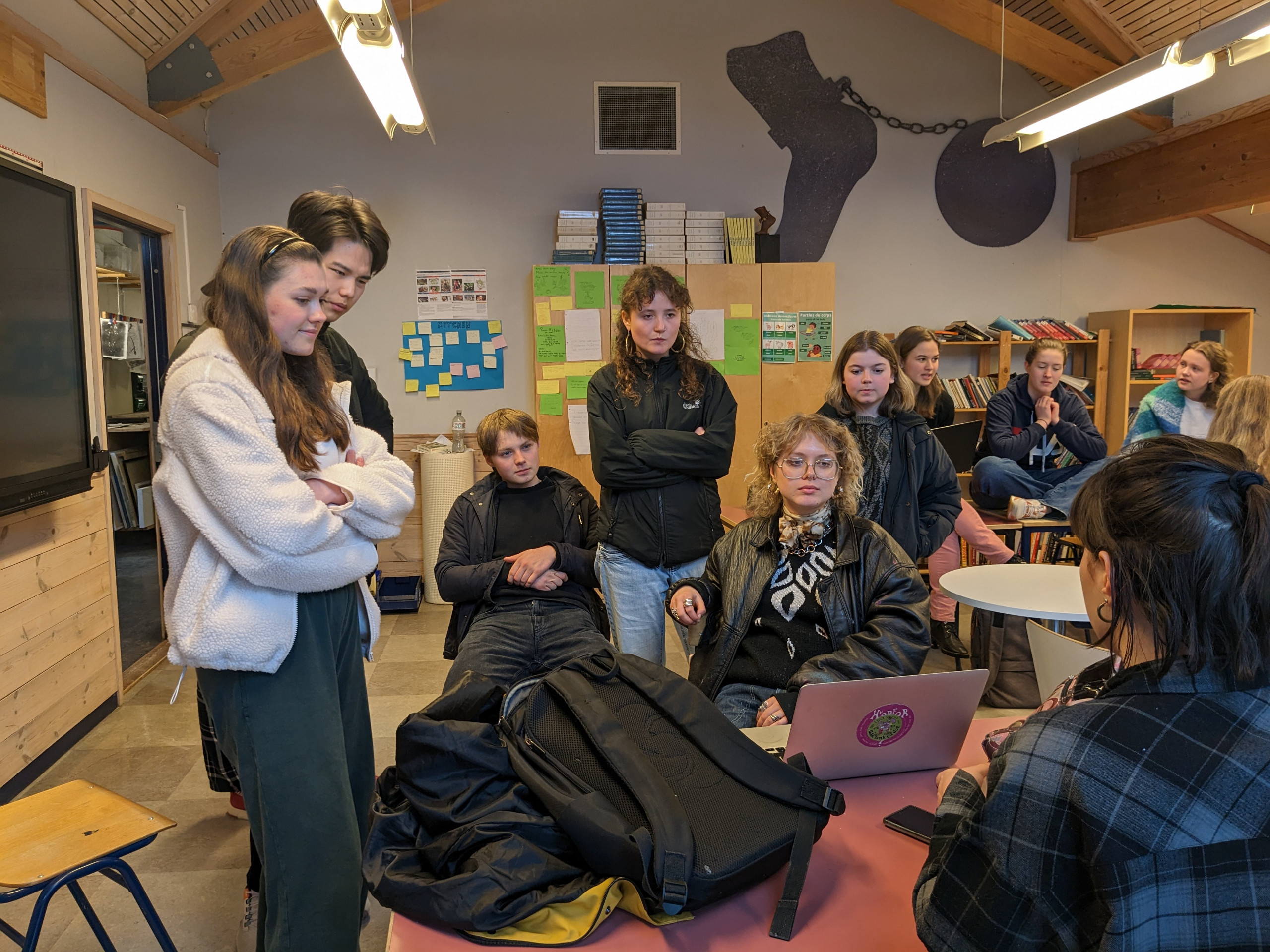
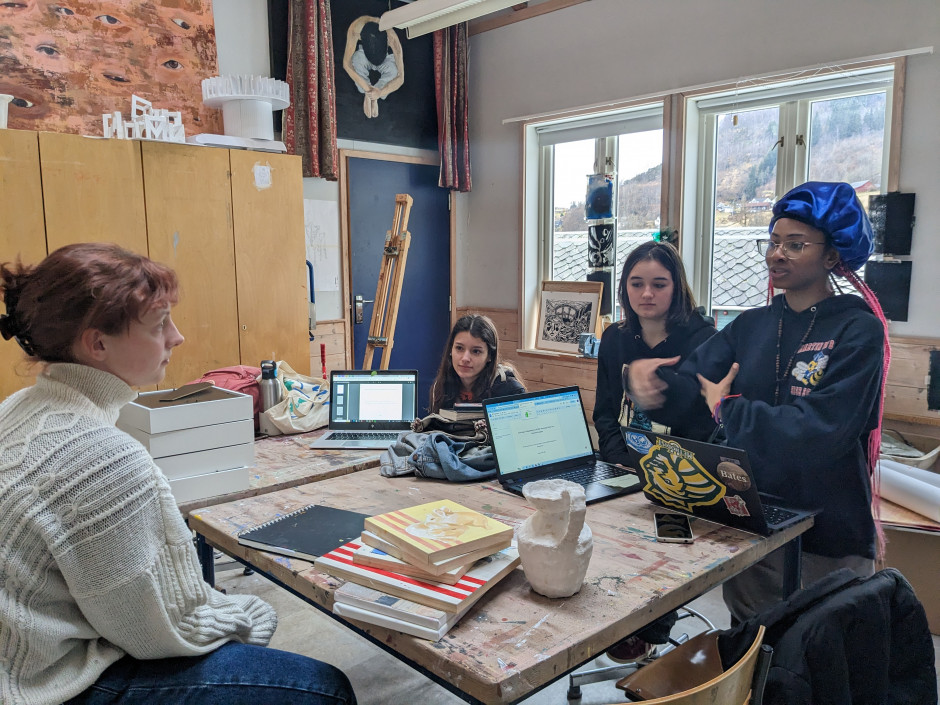
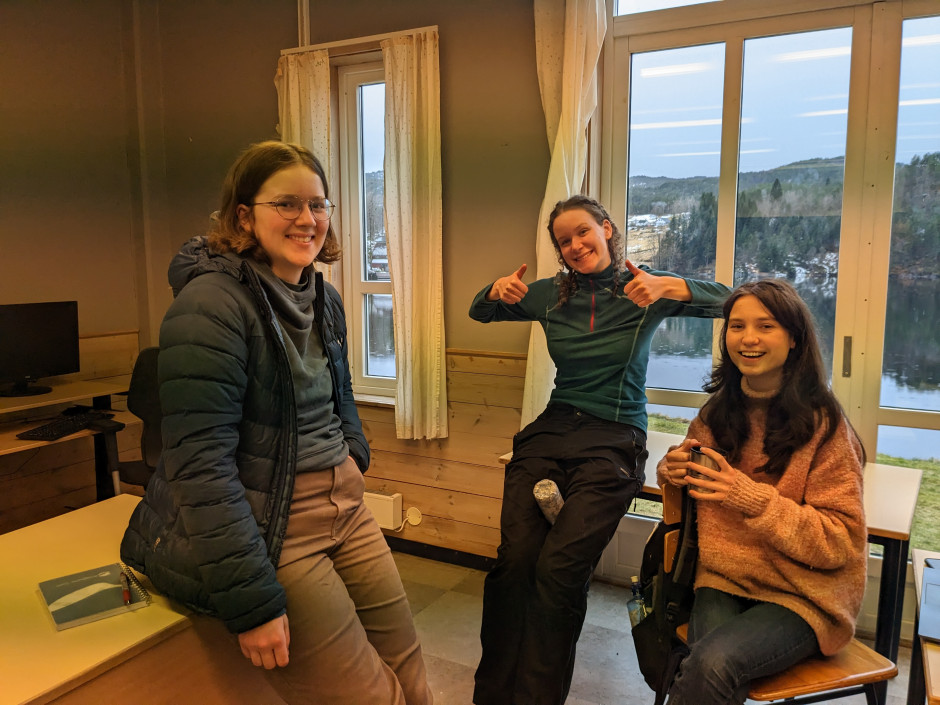
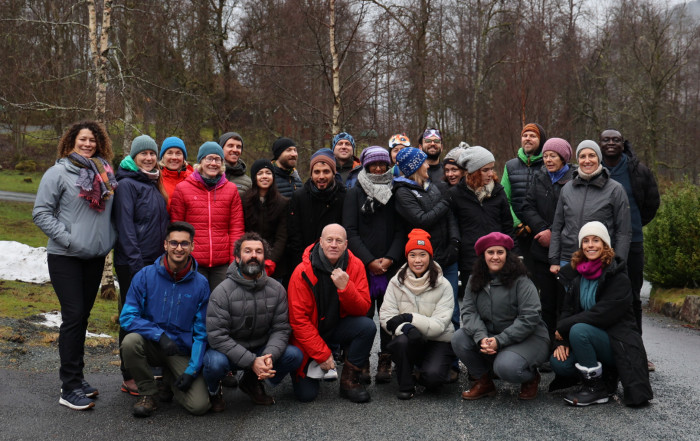
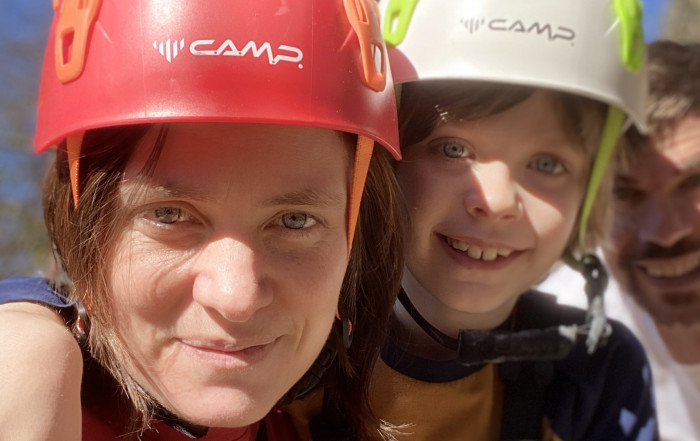
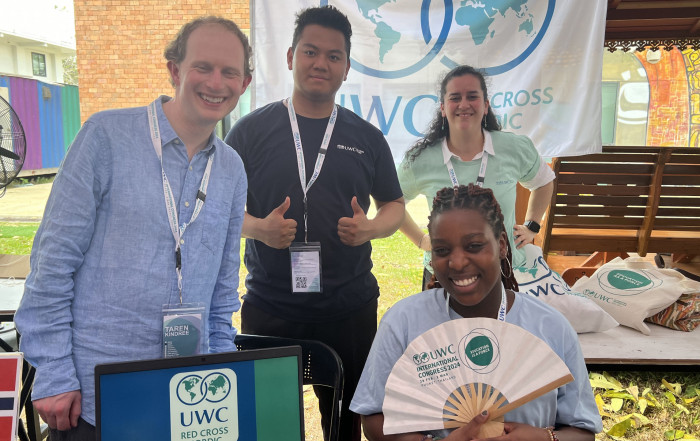
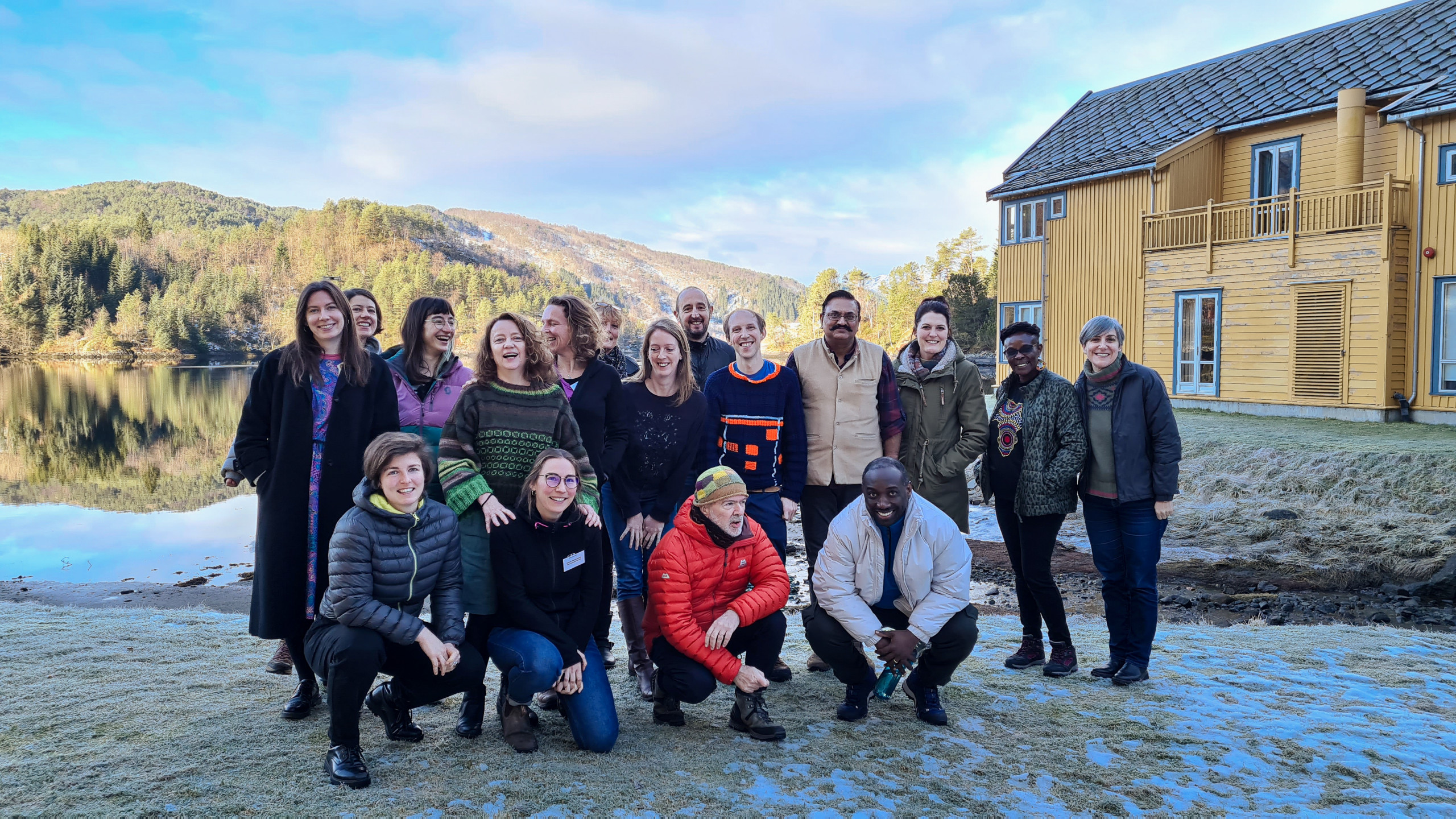
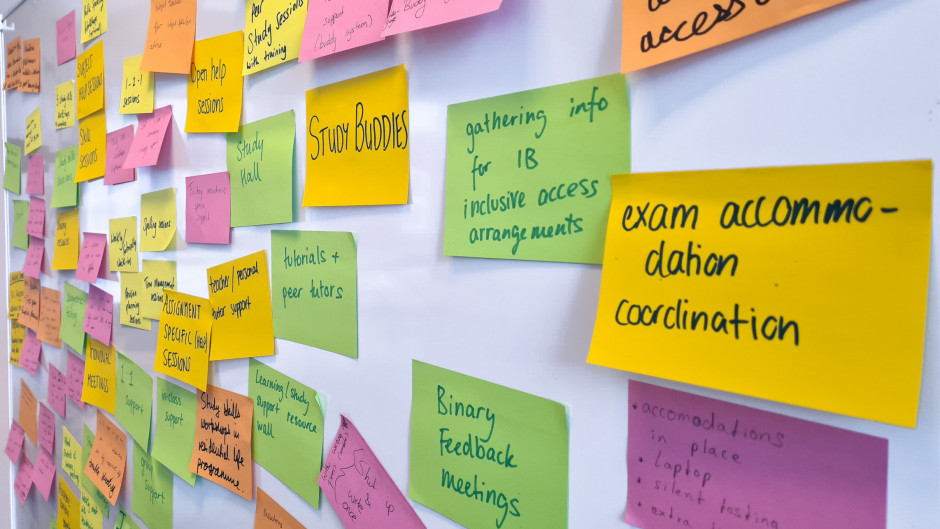 Collaboration across UWCs is often tricky to organise face-to-face, but for three days at UWCRCN, colleagues from Dilijan, Adriatic, Maastricht, and Robert Bosch gathered for a workshop on Differentiation in Approaches to Teaching and Learning (Learning Support).
Collaboration across UWCs is often tricky to organise face-to-face, but for three days at UWCRCN, colleagues from Dilijan, Adriatic, Maastricht, and Robert Bosch gathered for a workshop on Differentiation in Approaches to Teaching and Learning (Learning Support).